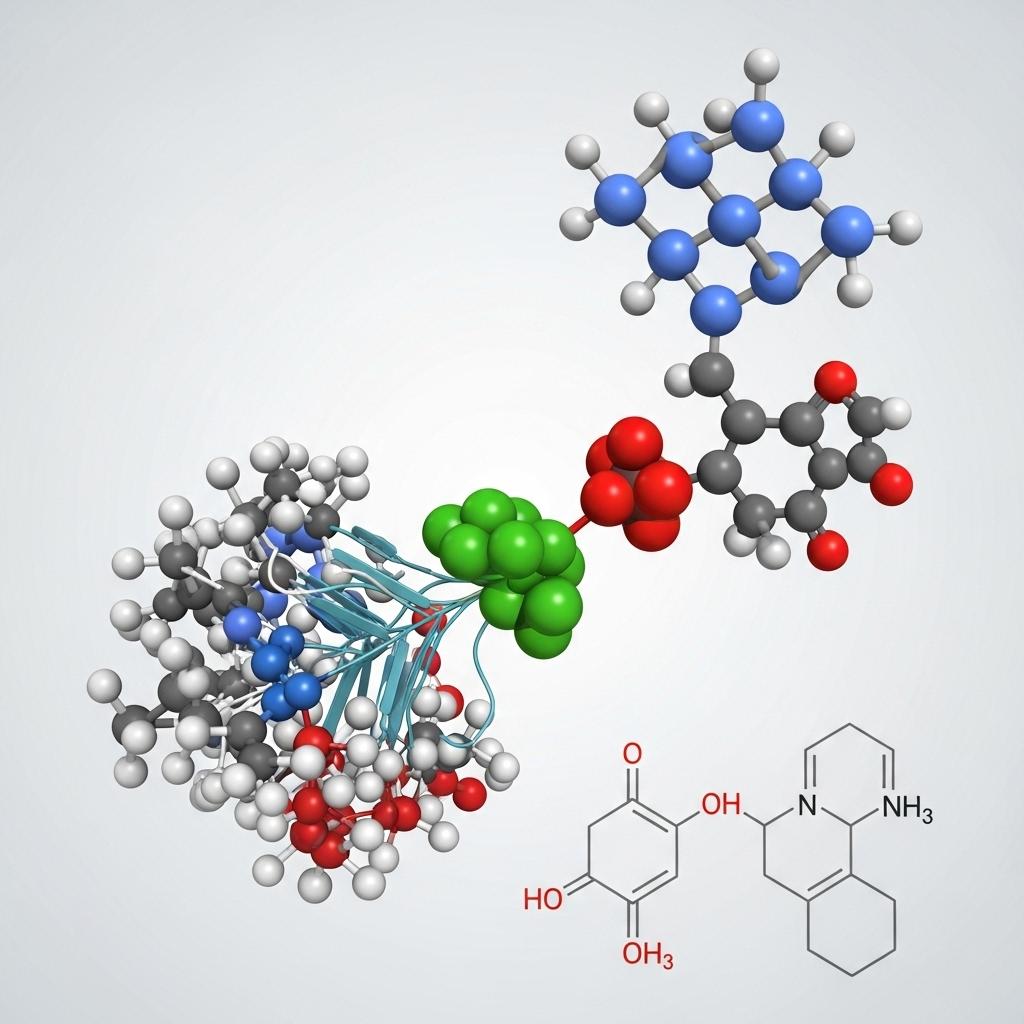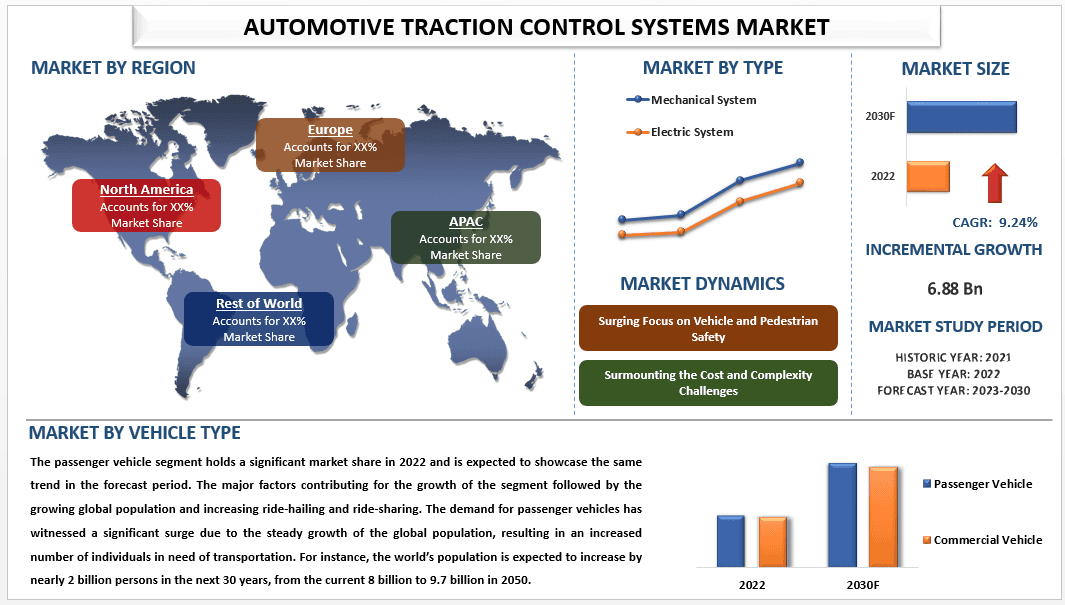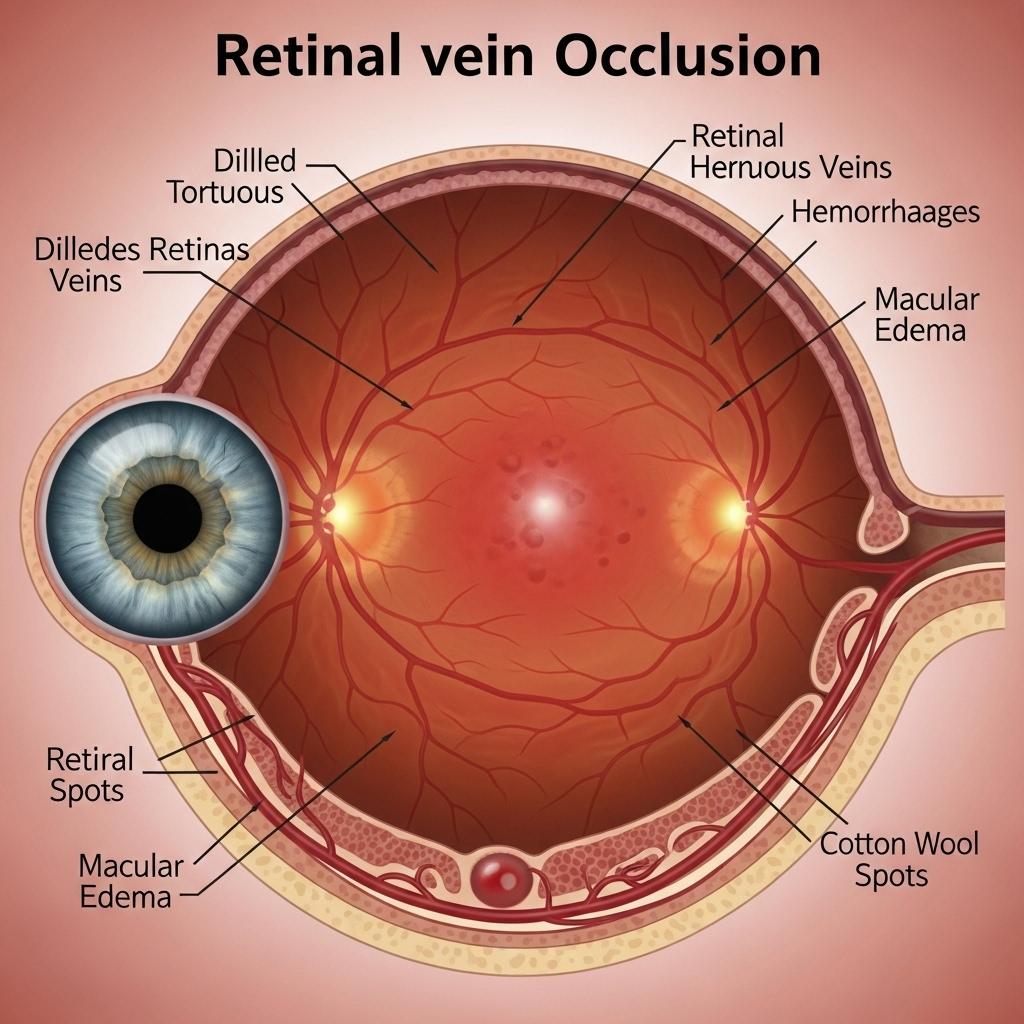ממומן
The Rise of ADCs: A New Era of Targeted Cancer Therapeutics

Antibody-*** conjugates (ADCs) represent a transformative class of oncology therapeutics, combining the precision of monoclonal antibodies with the potency of cytotoxic agents. This hybrid technology offers a novel mechanism of action—delivering chemotherapeutic payloads directly to cancer cells, reducing off-target effects, and improving treatment specificity. ADCs are now a focal point of oncology pipelines worldwide, reshaping the standard of care in both hematologic malignancies and solid tumors.
Request a sample copy of the CI report at: https://www.datamintelligence.com/strategic-insights/ci/antibody-***-conjugates-adcs
What Are ADCs?
ADCs are engineered molecules composed of three components:
* Monoclonal Antibody (mAb) – targets a specific antigen on tumor cells.
* Cytotoxic Payload – a potent *** that kills cancer cells.
* Linker – a chemical bridge that attaches the payload to the antibody, ensuring stability in circulation and controlled release at the tumor site.
The clinical goal of an ADC is to exploit the tumor-targeting ability of mAbs while harnessing the cell-*** power of cytotoxins delivering “smart chemotherapy” with reduced systemic toxicity.
Clinical Progress and FDA Approvals
As of 2025, over 15 ADCs have received global regulatory approval. Landmark approvals include:
* Brentuximab vedotin (Adcetris) – for Hodgkin lymphoma and CD30+ T-cell lymphomas.
* Trastuzumab emtansine (Kadcyla) – targeting HER2+ breast cancer.
* Enfortumab vedotin (Padcev) – for urothelial carcinoma.
* Sacituzumab govitecan (Trodelvy) – triple-negative breast cancer (TNBC).
These agents have extended progression-free survival and overall survival in otherwise difficult-to-treat cancers. Importantly, many ADCs are being combined with checkpoint inhibitors, targeted kinase therapies, and chemotherapies in ongoing clinical trials.
ADC Mechanism of Action: Precision with Potency
Once the mAb component of an ADC binds to its specific antigen on a tumor cell, the conjugate is internalized and the linker is cleaved, releasing the cytotoxic agent directly into the cancer cell.
Payloads typically include:
1. Microtubule inhibitors (e.g., MMAE, DM1)
2. DNA-damaging agents (e.g., PBD dimers, topoisomerase I inhibitors)
This targeted cytotoxicity reduces the impact on healthy tissues, an advantage over conventional chemotherapy.
Challenges and Next-Generation ***gn
Despite clinical success, ADCs face challenges:
1. Heterogeneous antigen expression in tumors can affect efficacy.
2. Resistance mechanisms, such as *** efflux or antigen downregulation.
3. Systemic toxicity, particularly related to the payload or linker instability.
4. Next-generation ADCs are addressing these limitations through:
5. Improved linker chemistry for enhanced stability and controlled release.
6. Site-specific conjugation to improve ***-to-antibody ratio (DAR).
7. Exploration of novel payloads beyond traditional cytotoxins.
8. Biopharma companies are also engineering bystander effects, allowing released payloads to kill neighboring tumor cells, especially in heterogeneous tumors.
ADC Pipeline Momentum
The ADC development pipeline is robust, with over 100 candidates in various stages of development across multiple tumor types. Major targets include:
Ø HER2
Ø TROP-2
Ø Nectin-4
Ø CD22
Ø B7-H3
Asia-based biotech firms, alongside global pharma leaders, are accelerating ADC development, supported by advances in antibody engineering and linker-payload technologies.
Request a CI consultation at: https://www.datamintelligence.com/strategic-insights/ci/antibody-***-conjugates-adc
Market Landscape and Competitive Dynamics
The global ADC market was valued at over USD 10 billion in 2023 and is projected to exceed USD 20 billion by 2028. Key drivers include:
Ø Demand for precision therapies in oncology.
Ø Success of late-stage ADCs in breast, bladder, and lung cancers.
Ø Strategic partnerships and licensing deals across biotech and pharma.
Ø Investors and developers are closely watching combinations of ADCs with immunotherapies, as well as expansion into earlier lines of treatment.
About DataM Intelligence
DataM Intelligence 4Market Research LLP delivers real-time competitive intelligence across autoimmune, immunologic, and rare disease spaces. Our insights span clinical pipelines, regulatory benchmarks, and commercialization strategies for stakeholders in global life sciences.
🔗 Visit: www.datamintelligence.com






